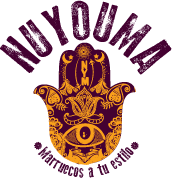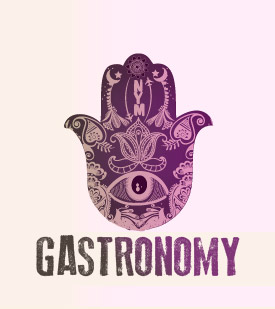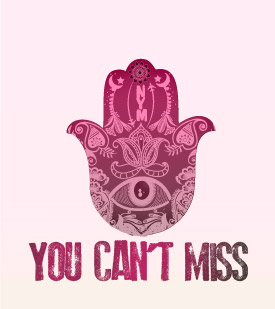Planning the trip…
Entering and leaving Morocco
In order to enter the country you must have a valid passport for three months minimum, as it is the longest time allowed to tourists. If you want to extend your trip when you get there, you will have to let the police know.
When you arrive at the checkpoint you must go through a couple of procedures: at the Moroccan border control (if you are coming from Ceuta or Melilla, you will go through the Spanish checkpoint first) you must ask for and fill in the airport control forms. There will be some Moroccans that will help you with the paperwork for a couple of euros, if you want. You will have to give the form and your passport to the counters. The police will register your information, seal the passport and give it back to you. After that, you will cross the border and show the passport once again at the exit.
When you leave Morocco you’ll have to fill in the form once more and give the passport to the checkpoint to get it sealed again.
Health precautions
Vaccination and prevention
You don’t have to get vaccinated or take any medications to enter Morocco. However, if you come from other regions of Africa, you’ll need to show the international vaccination card.
Some experts advise getting the tuberculosis vaccine if the traveller has to be side by side with local people for a short period of time. A part from that, a health precaution you must take is related to water: we advise you to drink from bottled beverages and to not eat salads and fruit if you don’t know if they have been cleaned properly. You should be fine, but you could experience some stomach ache.
First-aid-kit
The most common discomfort for travelers is stomach disorder, caused by the different diet or the journey. That’s why we advise you to bring anti-diarrhea tablets. Other than that, you should bring a normal first-aid-kid.
These are a few suggestions:
- Antibacterial soap
- Anti-diarrhea products
- Anti-inflammatories
- Aspirins
- Antihistamine
- Antibacterial ointment to treat small cuts
- Bandages, Band-Aids and tape
- Scissors and tweezers
- Thermometer
- Repellents with DEET
- Sun protection
What if I get sick?
In the case of illness or accident in the main Moroccan cities there are private practices that will take care of you. If you are planning on a long-term stay you should get travelling insurance.
Safety
Morocco is a safe country for travelers. Most people are respectful, although, as everywhere, there are thieves and defrauders.
The best way to avoid them is the common sense: don’t go near conflictive areas, don’t trust strangers, don’t carry valuable belongings with you, don’t buy any drugs or accept weird offers. These are some precautions that you would take in any country.
Women in Morocco
People in Morocco are used to tourists and they respect women, whether they are by themselves or in a group. However, they can be offended by any woman drinking alcohol or smoking in public. A part from that, dressing and behaving properly without drawing attention gets you away from any trouble, whether you are a man or a woman.
If you get complimented the best thing to do is not pay attention to it. As always, if men cross red lines act as if you would in your own country.
Almost never, some Moroccans see Occidental women as a way to get away to developed countries. That’s why women shouldn’t and mustn’t trust precipitate love propositions, as you would in your own country. Women can’t enter Mosques.
Money
The Moroccan currency is the dirham (MAD) that is split in a hundred cents. The most valuable bill is worth 200 dirham, and you can find coins for 1, 2, 5 and 10 dirham, as well as cents.
You can change currency in your own country and also in Morocco. Dirham is a stable currency and normally the change is 10 dirham for 1 euro. A lot of touristic spots and hotels accept Dollars and Euros.
Cashiers
The best way to get money in Morocco is to withdrawn some, although some weekends they run out of cash. The quantity of money you will be able to get depends on your credit card.
Credit Cards
In tourist spots, even in the little villages, they accept most known brands: Visa, MasterCard, Electron, Maestro and InterBank. But remember that there’s a 5% fee.
We advise you to bring two credit cards, one of them not debit.
Cash
Cash money is necessary. You’ll need it for everyday expenses and to pay in the remote areas with no cashiers and where cards are not accepted. We advise you to bring cash in small denomination to pay for tips and street markets, and also a Dollar or Euro reserve.
Languages
The official languages of Morocco are Arabic and Berber. But French is still spoken as it was a former French colony until 1956. Business, studies and administration use French, and Spanish is spoken in former Hispanic regions and areas near the strait.
Young people speak English, and also those working in tourism.
Tips
Moroccans expect tips for services offered at the tourists. Actually, not-qualified workers depend on tips to complete their salary, which normally is really low. So, with any pressure, the right thing is to give some dirham after a good service.






